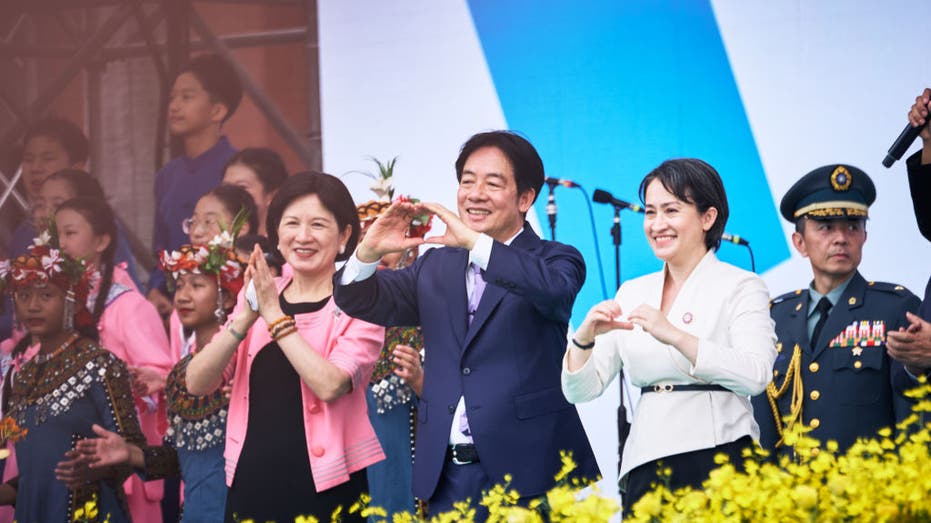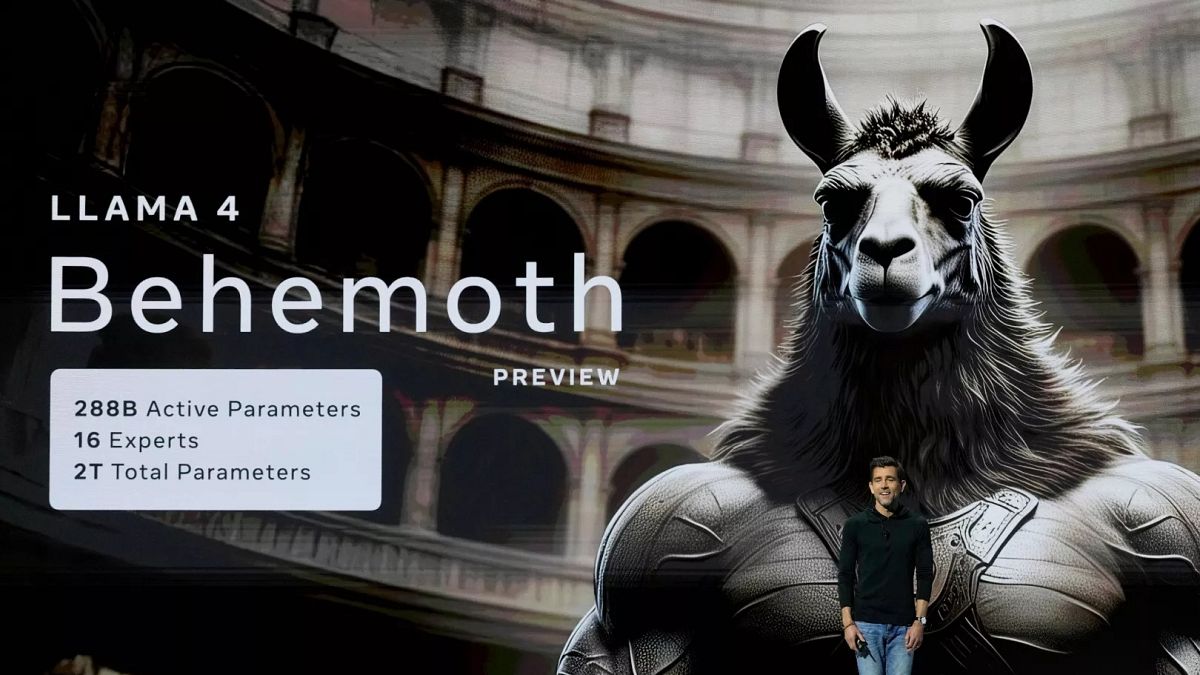Trump cabinet picks delight Taiwan, send strong signal to China
President-elect Donald Trump's national security picks have so far sent relief to several U.S. allies, one such ally being Taiwan where recent announcements have been met with delight.

KAOHSIUNG, Taiwan - President-elect Donald Trump’s nominees to serve as United Nations ambassador, national security adviser, and most importantly, secretary of state are regarded by many as "China Hawks."
Their appointments are being mostly welcomed in Taiwan, even by some who did not support the former and future president.
Sen. Marco Rubio, R-Fla., likely to be tapped to become Trump’s chief diplomat, made his position clear during the Republican National Convention in mid-July, when he said that he expected a re-elected Trump to, "continue to do what he did in his first term and that is … continue to support Taiwan." Rubio, however, has been in lockstep with Trump on insisting Taiwan increase defense spending, a view shared by security experts, but not necessarily the majority of Taiwanese people.
As of yet, no official statement has come from Taiwanese President William Lai, but in 2019, when Lai was vice president to then-President Tsai Ing-wen, Taiwan’s Ministry of Foreign Affairs offered its gratitude to Sen. Rubio and former Sen. Cory Gardner, R-Colo., for rejecting Chinese President Xi Jinping’s proposal (or demand) that Taiwan accept "one country, two systems."
TRUMP'S PICKS SO FAR: HERE'S WHO WILL BE ADVISING THE NEW PRESIDENT
This same formula was supposed to apply to Hong Kong for 50 years after the handover in 1997 but lasted only until roughly 2020, when China imposed draconian new laws. Today, people in Hong Kong can be jailed for non-violent acts of protest, such as wearing a shirt with the words "Liberate Hong Kong." An overwhelming majority in Taiwan reject China’s "one country, two systems," and any other plan that gives authoritarian China control of democratic Taiwan.
Rubio is blunt on China, writing on X, for example, "Communist China is not, and will never be, a friend to democratic nations." In May 2022, Rubio introduced the "Taiwan Peace Through Strength Act," a bill that would fast-track U.S.-Taiwan military coordination. Rubio stated in connection to the bill that, "Putin’s invasion of Ukraine is not the first time an authoritarian regime invaded its neighbor and, unfortunately, it won’t be the last. An invasion of Taiwan could happen within this decade. Taiwan needs our support, and my bill will make Xi Jinping and the Chinese Communist Party think twice before launching a foolish invasion. We must do all we can to deter an attack on Taiwan, or we risk losing the Indo-Pacific region to the Chinese Communist Party."
Rubio as a potential secretary of state is a problem for China, as the Florida Republican is blacklisted, or in more diplomatic terms, "sanctioned." Rubio was among the 11 U.S. senators China sanctioned in 2020 for their "wrong U.S. behaviors … who have behaved egregiously on Hong Kong-related issues."
CHINA OFFICIALLY 'DOESN'T CARE' ABOUT TRUMP WIN; UNOFFICIALLY, EXPERTS SAY BEIJING IS RATTLED
How to have "meaningful dialogues" with a person banned from China remains to be seen. Any option – including rescinding the sanctions – could make China look weak. However, Wu Xinbo, Fudan University professor and director at the Center for American Studies, told Fox News Digital via email from Shanghai that he has some doubts. "These China hawks will surely push the envelope on the Taiwan question as hard as they can," said Wu, "but it may backfire, and the U.S. will get burned. I'm not sure if this is what Trump wants."
So far, however, Trump seems to be sending clear signals that his administration will not be all bark and no bite. Rep. Michael Waltz, R-Fla., Trump’s choice for national security adviser, is at least as strident as Rubio. Writing in The Economist earlier this month, Waltz, opined that conflicts in Ukraine and the Middle East need to be "urgently" ended, so the U.S. can "finally focus strategy attention where it should be: countering the greater the threat from the Chinese Communist Party."
Trump has also nominated his loyal ally, New York Rep. Elise Stefanik, R-NY., to be his ambassador to the United Nations. Senior Adviser to the think-tank Foundation for the Defense of Democracies Richard Goldberg wrote that, aside from enthusiastically vetoing anti-Israel U.N. resolutions, he expects Stefanik to work toward "leveraging American financial assistance across the U.N. system to root out Chinese malign influence…"
Rather predictably, netizens on China’s censored internet went with the "who cares?" line that has become common. Ross Darrell Feingold, a Taipei-based lawyer and rare American in Taiwan who is active on TouTiao, a Chinese social media platform, told Fox News Digital that the comments he received in response to the likely Rubio nomination included, "Doesn't matter. All U.S. politicians are anti-China," and, "No such thing as ‘anti-China, pro-Taiwan.’ There's only ‘anti-China’ and the U.S. isn't serious about being pro-Taiwan."
These bland remarks may not represent genuine feelings, as the level of internet control in China is impressive and even minor deviations from the party line can result in complete bans. However, one TouTiao user did highlight one of the major hurdles China has with Rubio, "He won’t be able to visit because we sanctioned him."
Depending on who you ask, China’s youth unemployment rate is anywhere from 17-20%, and Trump’s tariffs aren’t going to help create new jobs in China. Over the weekend, Chinese authorities stopped a trend that saw tens of thousands of students ride bicycles on a 30-mile nighttime adventure to an ancient city in central China’s Henan Province. Flocks of students went on chilly rides with friends that did not appear to have any overt political motives. Some even carried large PRC flags while others were filmed singing China’s national anthem.
However, as many have pointed out, what turned into the Tiananmen Square "Incident" also began with crowds of cheerful students – some of whom also sang patriotic songs.
What's Your Reaction?

















